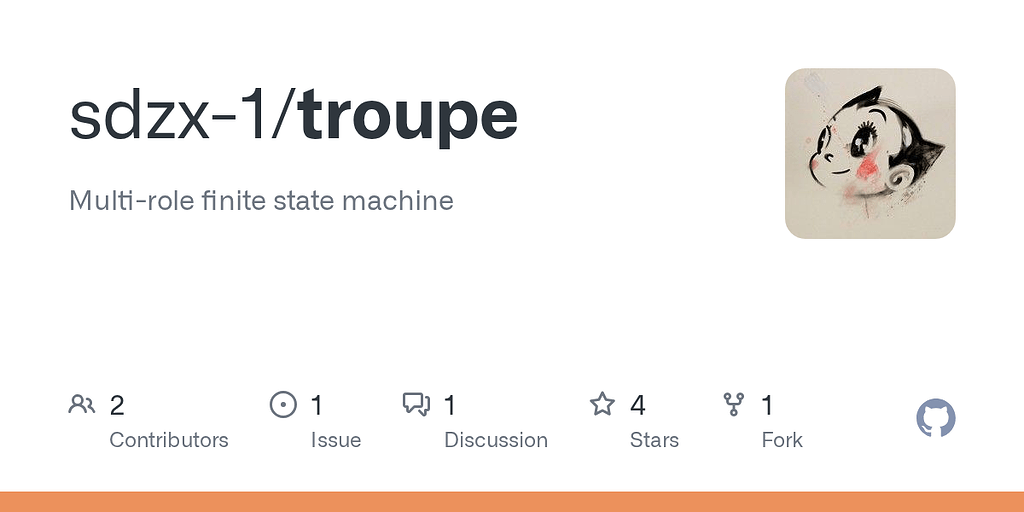07 Nov, 2025
If life does in fact flash before our eyes in our final moments, I'll surely be confronted with many spans of activity where I was focused and engaged in what looks like pointless, meandering tinkering.
And that's fine. Because tinkering is not pointless at all. It's deeply meaningful.
What I mean by tinkering
I'm defining tinkering as messing around with things primarily out of curiosity. Possibly there's some stated objective, but there's not much concern or urgency for achieving it. It's casual exploration: how things work, what's possible, what's interesting, what's surprising.
It almost always looks pointless from the outside. Sometimes feels pointless too. We fix something that wasn’t particularly broken, build something no one needs, take apart something and never put it back together quite right.
What it's not
Tinkering is definitionally casual, so certainly not efficient or optimal. We also can't plan it well. There's no roadmap, stakeholders, or milestones. If we have anything resembling a to-do list or plan, we might not be tinkering anymore (unless we're tinkering with to-do lists, which a lot of us do).
I know I'm not alone in feeling continuous cultural and professional pressure to optimize everything: time, space, work, relationships, habits, and my brain. So sometimes I feel some temptation to cast tinkering as a quiet rebellion. What if I just ignored what's *optimal* and did what's *interesting*?
Unfortunately, when we start tinkering for any lofty reason other than fiddling with what's in front of us, it starts getting ruined. If we look at it too hard, it withers. So the act of rebellion might be a side effect, but if we set out to achieve it, we're doing it wrong.
Tinkering is also certainly not about mastery, which requires ongoing discipline and dedication. Eventual mastery is another possible side effect; maybe we learn we are good at something by messing with it. But again, we don't become masters by casually messing with things.
And of course tinkering is not about predictable results. We set out to do something, but that something might change along the way. There won't be consequences. Or that something might get accomplished. Don't count on it, but that would be nice.
Interestingness
When we tinker, we aren't going after the big meaningful questions. We're dancing around with the trivial little ones. How might this hinge fit better? Is there a better way to set up this perfectly working spreadsheet? What if I increase the hydration of this dough a little more over last time?
When bouncing around in these little questions, we're actually making an indirect kind of progress on the big ones. Rather than following a plan, we're listening to intuition, letting an under-exercised part of our brains set the course. And the heuristic is: what's interesting right now?
And that's it. We don't need to stop to ask why (unless that's interesting). It feels like a random walk at any given moment, but we're not rolling the dice to determine the next step. It's a choice. And over time, we gain an intuitive awareness of the shape of interestingness.
So let's momentarily fade the social consensus about what deserves attention and optimization. In the state of tinkering, our impulses and weird biases guide us. Over time, perhaps we learn by observing our behaviors, firming up a facet of self-awareness. Or maybe we just end up with an inedible loaf of bread or a branch of broken code we'll never touch again. Either is fine.
So if life really does flash before our eyes, while I'll mostly want to see scenes of my kids, family, and friends, I won't be upset when the reel lingers a bit on those aimless moments when nothing was at stake, moving from moment to moment, with curiosity and wonder as my guide.
.png)




